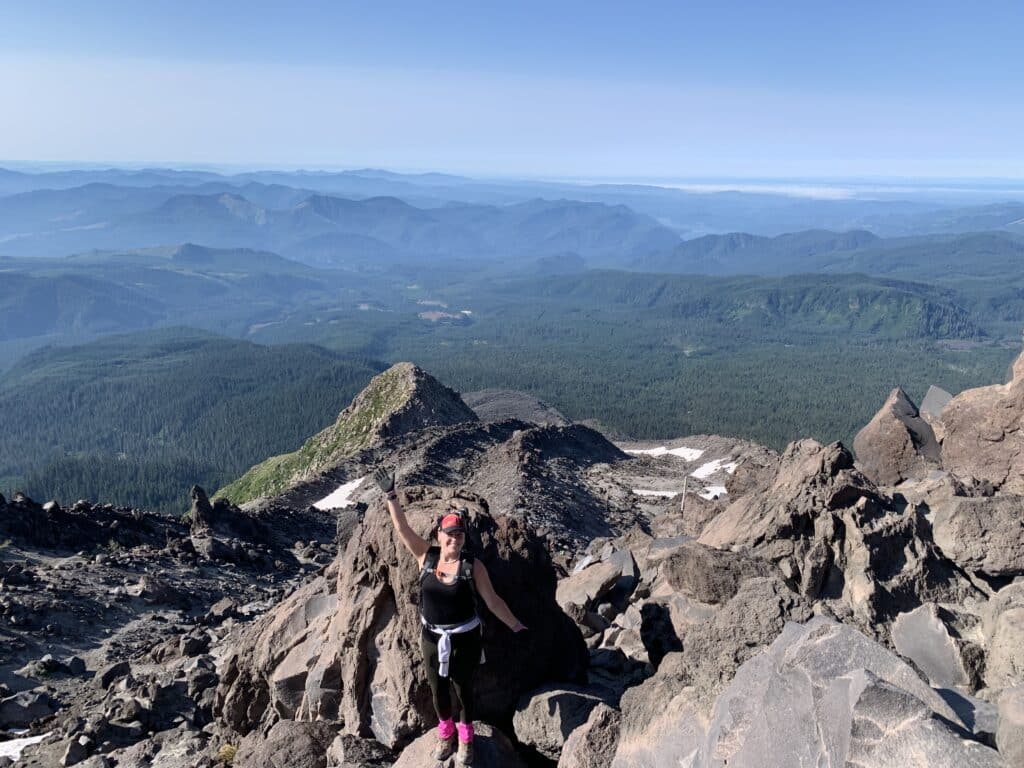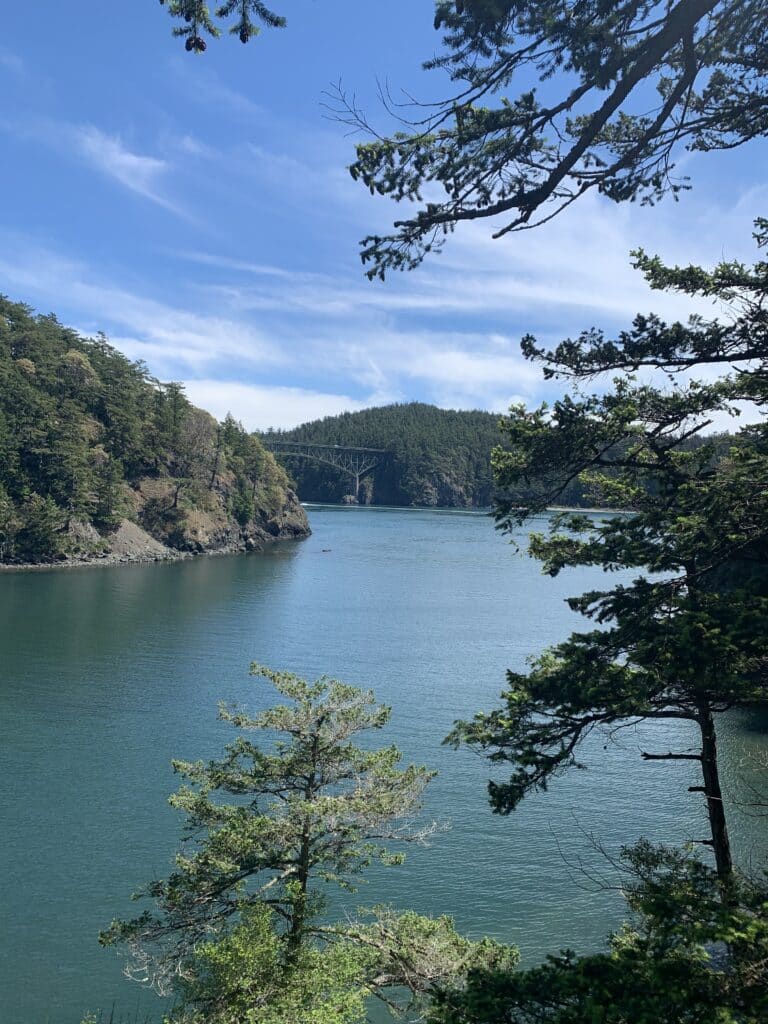BLOG / BLOG POST

Wellness and Inclusivity in the Great Outdoors
By Sage Renninger
Sage Renninger is a fellow at Green 2.0 and a student at Washington State University studying Environmental Science and Sustainability. Honoring National Wellness month, Sage has featured ways in which the outdoors can support physical and mental wellness in our day-to-day lives. Getting outside has helped Sage increase her own physical and mental health, and she believes creating an inclusive space where BIPOC communities can utilize nature is critical in combating systemic injustice.
With summer here and as the world begins to open back up, the importance of utilizing the great outdoors is more profound than ever. This August, National Wellness Month, provides an opportunity to focus on self-care, stress management, and implementing healthy routines in our daily lives. More importantly, the great outdoors can be a tool to help increase wellness and provide overarching emotional and physical benefits. This also allows space to discuss diversity, equity and inclusion in outdoor spaces, which have historically been overwhelmingly white. Including communities and young people of color to experience nature as a tool to increase wellness is yet another step in combating climate and social injustice.
“The physiological response to being outside in nature is real, and it’s measurable,” said Michelle Kondo, a research social scientist with the USDA Forest Service’s Northern Research Station. “There are many physical and psychological benefits of nature that scientists have observed, which can better help us understand how nature supports wellness in the body, mind and community.”
Here are four ways spending time outdoors provides a wide range of benefits:
- Being outside promotes a steady increase in activity, leading to an overall higher fitness level;
- Health benefits such as but not limited to lower levels of cortisol and blood pressure;
- Decreases stress, anxiety and depression; and
- An increase of vitamin D, which is connected to regulation of the immune system and supports healthier eye and brain function.
Nature can also provide a space to relax and refocus. Studies have shown that being outside can increase focus, attention, and mental capacity to complete tasks. Whether you go for a walk, enjoy a view, or spend time with others outside, green spaces allow all of us to bring forth a positive light and improve our mental health in more ways than one.
Community wellness is another critical component in celebrating and supporting wellness month. Creating an inclusive and diverse environment to enjoy such spaces has previously been neglected. Outdoor spaces and recreational activities have had a deep-rooted history of underserving communities of color.
Green 2.0’s congressional briefing, Reimagining a Diverse and Inclusive Great Outdoors, provides dialogue around ways for communities to combat systemic exclusion. “There are systemic and socioeconomic barriers to enjoying the outdoors,” said Rep. Jimmy Gomez (D-CA), during the briefing.
Increasing access and encouraging young BIPOC into the outdoors early on can help young people of color foster relationships with nature. This also creates a foundation of healthy practices and habits. Allowing all people to enjoy and take part in the wellness benefits nature provides is critical to celebrating National Wellness Month.
Equitable access, inclusive environments, and shared understanding all go into making the great outdoors a resource for everyone. The correlation between increased wellness and mental health go hand-in-hand with spending time in nature. It’s time to get outside and use nature as a tool for everyone – regardless of race, heritage, and socio-economic status – to enjoy.

For more information about Sage Renninger, follow Sage on Twitter @RenningerSage.
Green 2.0 will be accepting fellowship applications for its Winter 2022 cohort beginning August 20th. Learn more: https://diversegreen.org/careers/.
